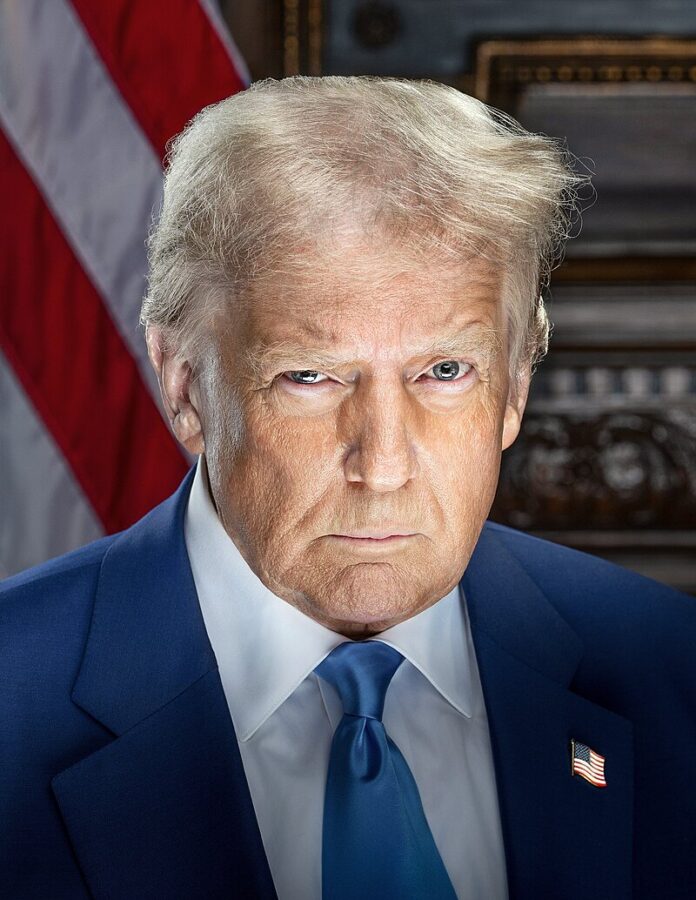US President Donald Trump has unveiled a new federal program aimed at providing every American baby born between 2025 and 2028 with a \$1,000 government-funded investment account. The initiative, dubbed “Trump accounts,” is designed to help families save and invest in their children’s futures, with strong support from leading US business executives.
Speaking on Monday during a White House roundtable attended by more than a dozen top CEOs, including leaders from Uber, Goldman Sachs, and Dell Technologies, Trump announced that the federal government will make a one-time deposit of \$1,000 into a tax-deferred account for every US citizen born after December 31, 2024, and before January 1, 2029.
“These accounts will track the overall stock market, giving children a financial head start,” Trump said. “This is a pro-family initiative that will help millions of Americans harness the strength of our economy to lift up the next generation.”
The accounts will be managed by the children’s guardians, who can make additional private contributions of up to \$5,000 annually. The program has received backing from major corporate leaders, who pledged to contribute billions more to the accounts, especially for their employees’ children. Among the CEOs present, Michael Dell of Dell Technologies, Dara Khosrowshahi of Uber, David Solomon of Goldman Sachs, and Vladimir Tenev of Robinhood promised significant private investments.
Trump praised the business leaders as “really the greatest minds we have today” and thanked them for their commitment to the program.
House Speaker Mike Johnson also spoke at the event, calling the program “bold and transformative.” He said it would provide every eligible American child with a “financial head start from day one.” Johnson added, “Republicans are proud to be the party we always have been—supporting life and families, prosperity and opportunity.”
The new accounts are part of a larger budget bill known as the “big beautiful bill,” which passed the House but faces opposition in the Senate. The program cannot be implemented on its own; it depends on the approval of this broader legislation. Trump described the bill as “one of the most important pieces of legislation in our country’s history,” saying it would be funded by welfare reforms and a proposed tax on remittances.
However, the Congressional Budget Office (CBO) recently warned that the bill could increase the US national debt by \$2.4 trillion over the next ten years. The CBO also found that the bill’s cuts to Medicaid and food assistance programs might leave 10.9 million more Americans without healthcare by 2034. The bill passed the House with no support from Democrats and by a narrow margin.
The new “Trump accounts” resemble existing 529 college savings plans but have lower contribution limits. Some financial experts have raised concerns that these accounts may not offer the best investment options for families.
This initiative is not without precedent internationally. The United Kingdom ran a similar program called the Child Trust Fund between 2002 and 2011 before ending it. Singapore continues to operate a Baby Bonus Scheme, which includes government-matched savings accounts for children.
Trump expressed optimism about the program’s potential returns. “Beneficiaries will really be getting a big jump on life, especially if we get a little bit lucky with some of the numbers and the economies in the future,” he said.
House Speaker Johnson warned that failure to pass the legislation could lead to “the largest tax increase in American history.” He urged Congress to act quickly on what he described as “pro-growth legislation” that would benefit every American.
The United States has long sought ways to improve financial opportunities for families and children, particularly through education savings programs. The proposed “Trump accounts” aim to encourage early investing by combining government seed money with private contributions. While supporters praise the plan’s potential to boost family wealth and economic growth, critics worry about the program’s cost, potential impact on social services, and the ability of low-income families to contribute additional funds.
